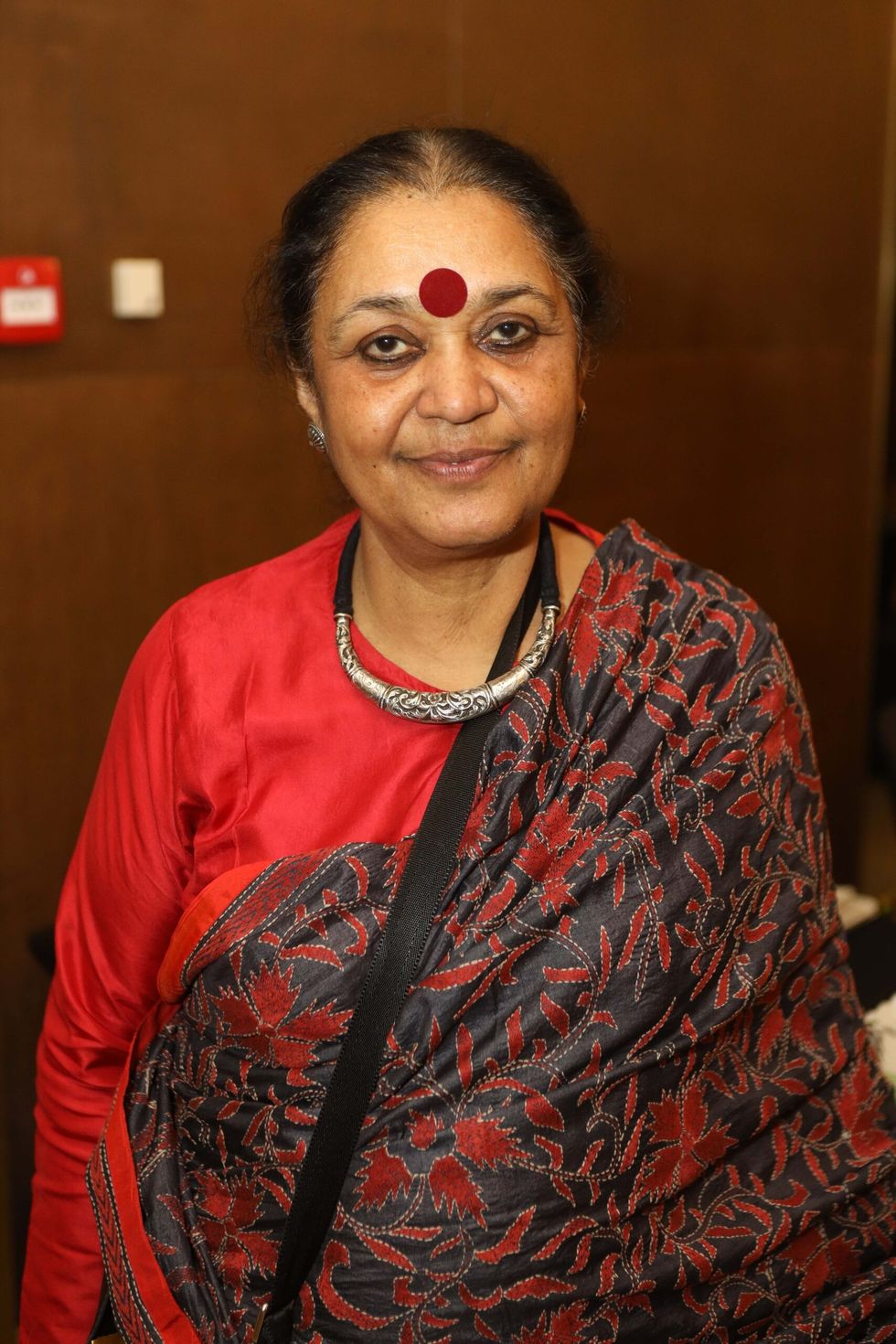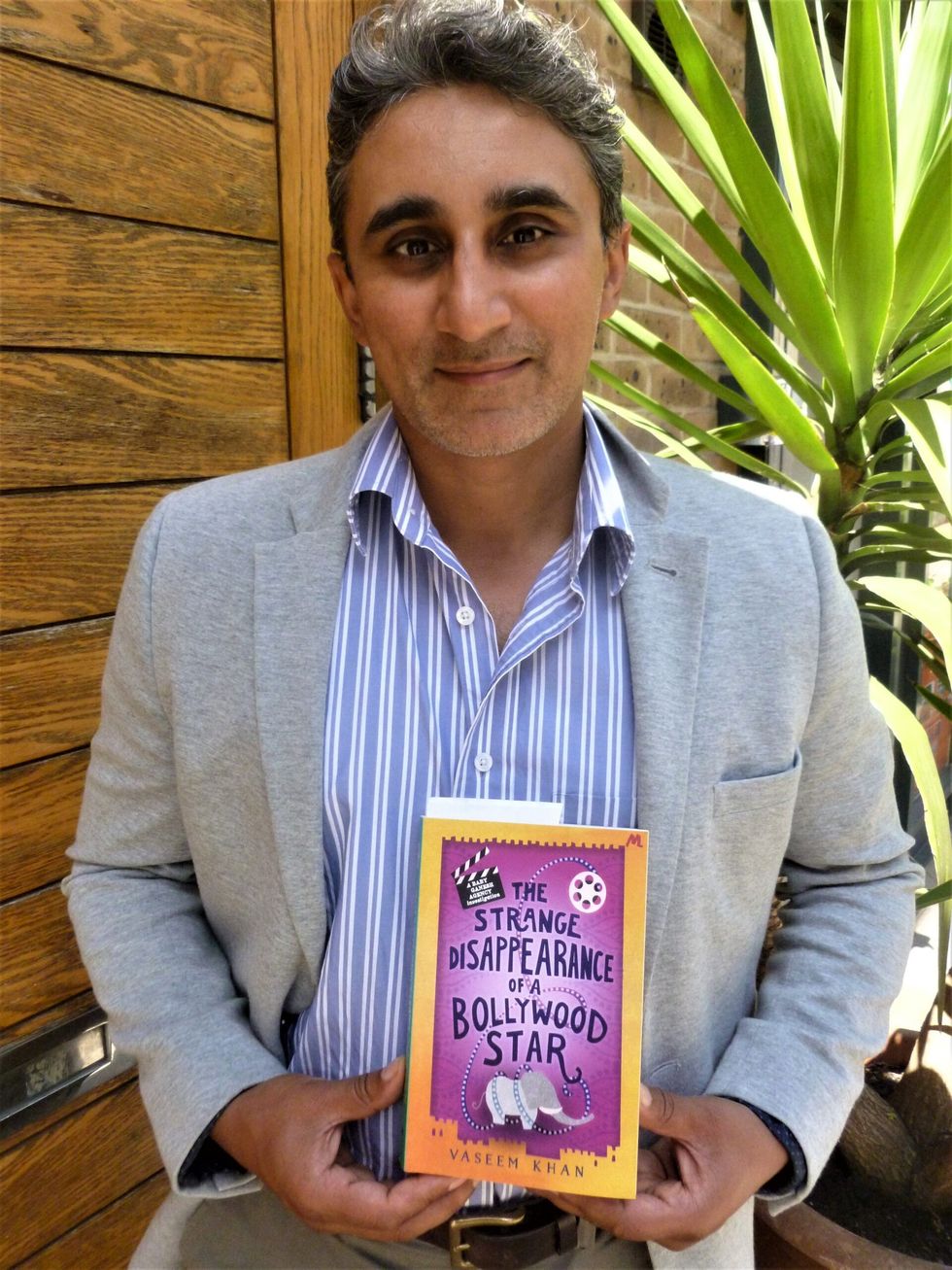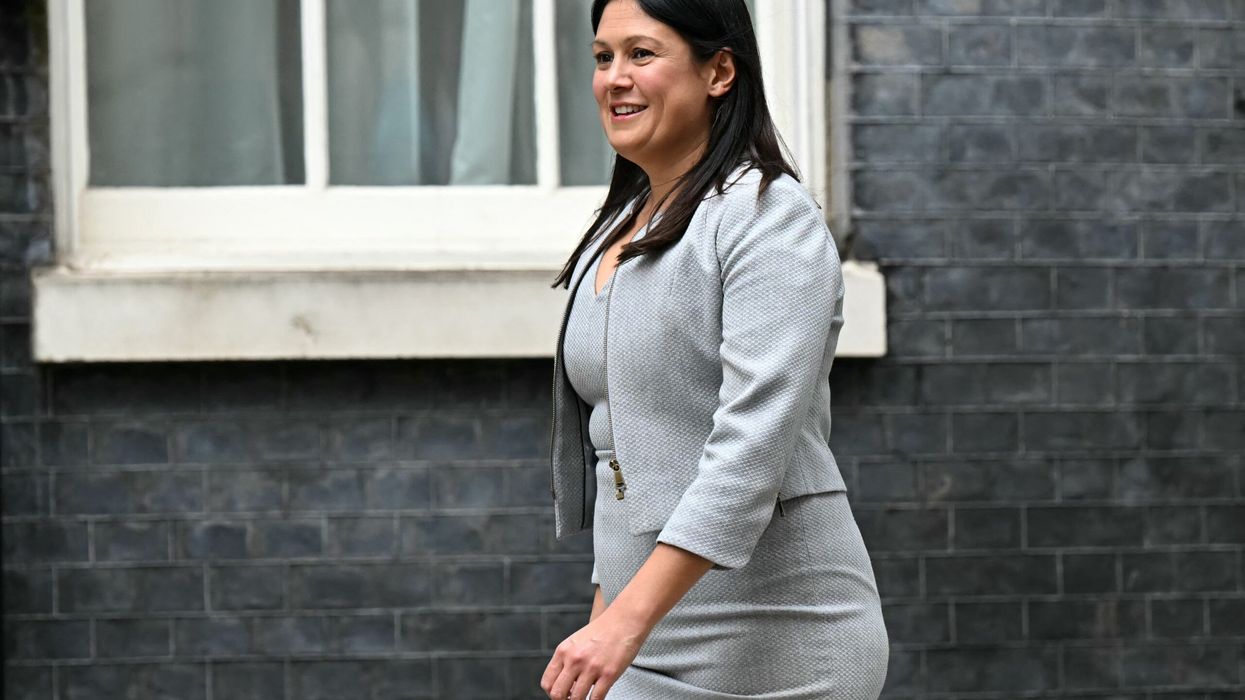LISA NANDY, the new culture secretary and the only person of Indian origin in Sir Keir Starmer’s cabinet, is being urged to nurture the British Asian artistic fraternity.
Mira Kaushik, artistic director of the dance group Akademi and a judge in Eastern Eye’s Arts, Culture & Theatre Awards (ACTA), said: “The last Labour government gave a golden age to the creative sector. I would like the new culture minister to build a vision which respects south Asian arts and professional artists at par with the British mainstream, away from the tokenism.”
Kaushik urged Nandy to “make better and inclusive investment in the preservation of the past stories,” as well as secure “maintenance of the present excellence and nurture the creativity of the future”.

The artist Chila Burman provided a wish list for the culture secretary: “Give us a stipend or bursary or fellowship so we can concentrate on new work for a year without having to live off commissions. Purchase our art; and get the British Council to commission British Asian artists to represent Britain in the British pavilion at the next Venice Biennale.”
Burman also wants the government to encourage wealthy Asian businesses to acquire such works of art.
The thriller writer Vaseem Khan, who last year became the first Asian to be elected chair of the Crime Writers’ Association (CWA) in its 70-year history, said: “Lisa Nandy is many things, a successful politician, a committed social activist, a published writer, and a person of Asian heritage. I have no doubt she understands the difficulties and expectations of British Asians struggling to make their way in the creative arts in this country.
“Our dreams are no different to any other group; British Asians simply wish for the same opportunities and the same backing. It is my sincere hope that Nandy can continue the progress that has been made by others to create a fair and equitable platform for every creative artist in the UK to thrive.”

Actor Raj Ghatak, an ACTA winner, said: “I’m cautiously optimistic. I’m hoping that Lisa Nandy’s appointment means we have a culture secretary who actually cares about the arts, and recognises the huge financial contribution this sector brings to the country.”
Nandy will quickly discover she will be attacked by the right-wing media if she does anything they consider to be “woke”. It is a word used today to condemn anything that is even vaguely progressive in Britain’s raging “culture wars” or helpful to the ethnic minorities.
Culture is a contested area, not least because Britain’s creative industries – everything from pop music to theatre, film and literature – contributed £125 billion to the British economy in 2022, according to government figures. How much of that is British Asian is not known, but it is safe to assume it is substantial.
Nandy, who was “thrilled” to get her job, said: “From rugby league to Royal Opera, our cultural and sporting heritage runs through our towns, villages and cities and is one of our country’s greatest assets. As culture secretary, I will do everything I can to harness the limitless potential of the extraordinary people in these amazing sectors to drive economic growth, unlock opportunities for everyone and change lives for the better.”
Nandy once joked that her father considered her right wing, but then Dipak Nandy, who was born in Calcutta on 21 May 1936, won the Tagore Gold Medal for an English essay at St Xavier’s College, and arrived in England in 1956, was once described by the Sun newspaper as a “Marxist academic”.
He made a name for himself in race relations and became founderdirector of the Runnymede Trust, an important race equality think tank.

In 1960, while a student at Leeds, Dipak met Margaret Gracie. They got married in 1964 but separated in 1971. A year later, in 1972, he married (Ann) Luise Byers, a daughter of Lord Byers, leader of the Liberals in the House of Lords for 19 years.
Their youngest daughter, Lisa Eva Nandy, was born in Manchester on 9 August 1979. She went to a local school and studied politics at Newcastle University and public policy at Birkbeck, University.
Last Thursday (4), she was re-elected MP for Wigan in Greater Manchester with a majority of 9,549. It is a constituency she has represented since 2010. She stood for party leader in 2019 after Jeremy Corbyn’s defeat, but the contest was won by Starmer who apointed her as shadow foreign secretary, before moving her to shadow levelling up, housing and communities, and most recently, to international development.
Nandy got her cabinet job because the woman who was shadow culture secretary, Thangham Debbonaire (née Singh), born in Peterborough to a father of Indian and Sri Lankan Tamil origin and an English mother, suffered a shock defeat to the Green Party in Bristol Central.
As culture secretary, Nandy will be invited to many glamorous events, but the job is a difficult one.
Previous Tory culture secretaries have included Rishi Sunak’s great supporter and deputy prime minister, Oliver Dowden, who thre-atened the National Trust, a charity with more than five million members, after it published a report revealing nearly a hundred of the 500 properties it looks after were built with either colonial loot from India or proceeds from the slave trade.
Another culture secretary, Nadine Dorries, the leader of former prime minister Boris Johnson’s fan club, wanted to punish the BBC allegedly for being left wing. The most recent incumbent, Lucy Frazer – she, too, has lost her seat – was involved in stopping the sale of the Daily Telegraph to the UAE on the grounds selling a newspaper to the Arabs would be “against the national interest”.
As culture secretary, Nandy will be urged to make it easier for art groups in India to get work visas to tour the UK.












